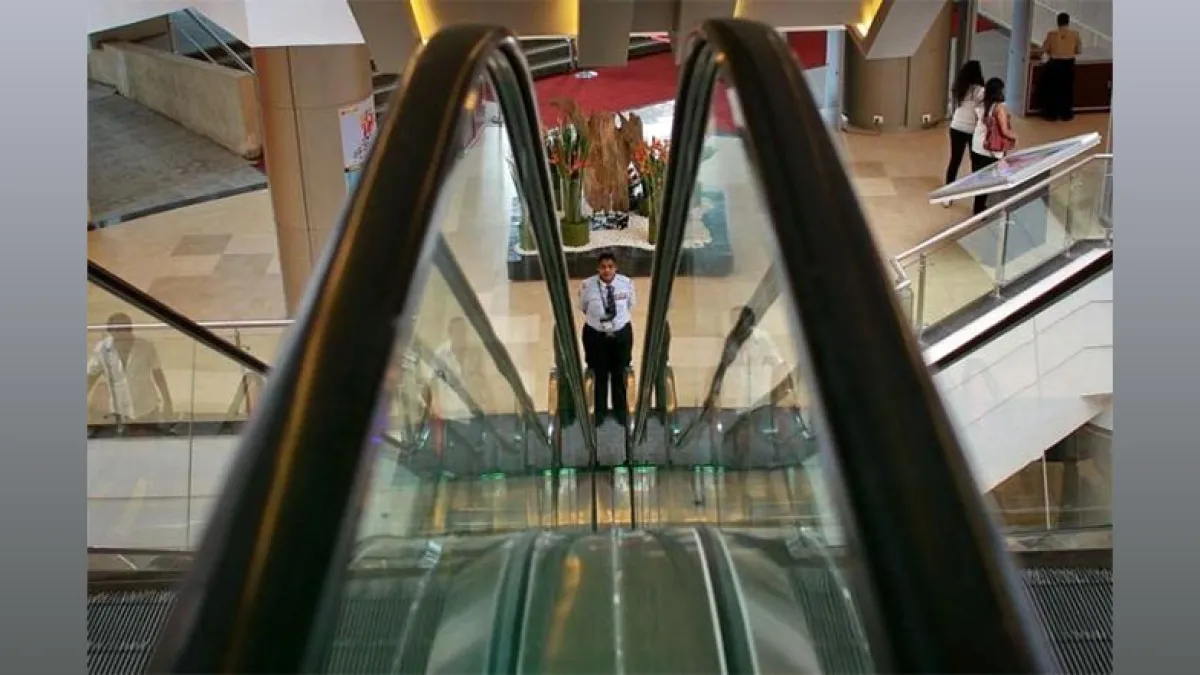Premium Mall Boom: Growth led by fashion and evolving urban demands

A wave of premium shopping malls are set to redefine the consumer experience in India. As per Cushman & Wakefield report, titled "Premiumisation of India's Retail Sector - Upscaling, Upgrading and Evolving," nearly 20 premium malls, covering 12.3 million sq ft. of retail space, are slated to open across eight major Indian cities by the end of 2026. This rise in premium retail development is triggered by demand from retailers, particularly in the fashion and apparel sector, seeking to capitalize on India's evolving consumer preferences.
Rise of premiumization
The report highlights the increasing "premiumization" of India's retail sector. This trend is characterized by the development of high-quality, experiential shopping destinations that cater to a discerning consumer base. The report emphasizes that this shift is not merely about adding more retail space but about enhancing the overall shopping experience through superior design, curated tenant mixes, and a focus on lifestyle and entertainment.
Numerous factors are working in tandem to push this growth. India's growing middle class and affluent population are driving demand for premium products and experiences. Also, consumers are increasingly seeking immersive and personalized shopping experiences beyond basic transactions.
Then both international and domestic brands are expanding their presence in India, demanding high-quality retail spaces. In fact, the fashion and apparel sector is a significant contributor to this growth, with brands seeking prime retail spaces to showcase their latest collections and provide a premium shopping environment. Malls are evolving into lifestyle destinations, incorporating entertainment, dining, and leisure options. Large retailers like Aditya Birla Fashion, Reliance Retail, Shoppers Stop, and Tata Trent are adapting to the premiumization trend by launching premium private labels, implementing omnichannel strategies, and expanding into Tier-II and Tier-III cities.
Metro’s dominance
India’s total Grade A mall stock stood at 61.5 million sq. ft. in 2024, with Superior Grade malls already comprising 63 per cent (38.9 million sq. ft.) of the total. The report underscores that metros like Delhi NCR, Mumbai, Bengaluru, and Pune are at the forefront of this premium retail expansion. Specifically, Delhi NCR leads in Grade-A mall stock, accounting for 21.75 million sq. ft. This highlights the region's strong consumer base and retailer interest. These metros are experiencing significant investor and retailer interest, resulting in low vacancy rates of approximately 3-4 per cent in superior-grade assets.
As for rental growth superior-grade malls are outperforming their counterparts, with stock-weighted average rents increasing by 29 per cent since 2019, currently averaging Rs 315 per sq ft per month. This demonstrates the strong demand for premium retail spaces.
High street evolution
With limited space in top-grade malls, premium brands are increasingly turning to high streets in major cities like Linking Road in Mumbai, and Khan Market and Connaught Place in Delhi. These high-street locations have seen rental values surpass pre-pandemic levels, indicating strong demand for prime retail spaces.
The report also emphasizes the growing importance of experiential retail, with malls incorporating entertainment, dining, and leisure options to attract and retain customers. This trend is particularly evident in the food and beverage (F&B) sector, which is emerging as a key driver of foot traffic.
The report indicates a shift in mall tenant mix, with traditional anchors like hypermarkets and cinemas giving way to fashion, beauty, wellness, and experiential dining. The beauty and wellness segment, in particular, has seen significant growth, with average trading densities ranging from Rs 8,000 to Rs 12,000 per month.
The report highlights premium mall boom is expected to continue in the coming years, with increasing demand for high-quality retail spaces and experiential shopping experiences. This trend is likely to reshape India's retail space, creating new opportunities for brands and consumers alike. The fashion and apparel sector will continue to play a pivotal role in this growth, driving innovation and shaping the future of premium retail in India.
By 2026, Indian consumers can anticipate a more refined and luxurious shopping experience, with premium malls offering a diverse range of international and domestic brands, coupled with world-class amenities and entertainment options.
























